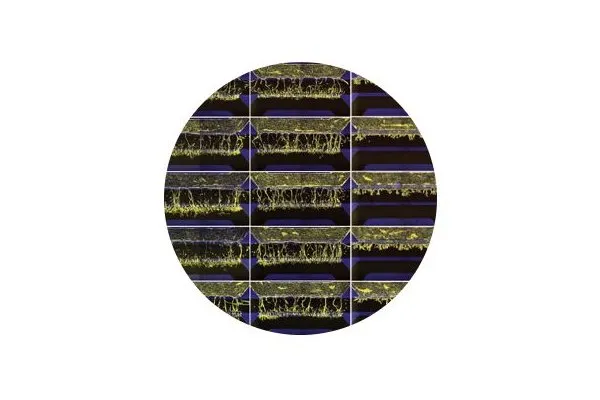

Ncardia - Angiogenesis
Angiogenesis, the sprouting of new blood vessels from pre-existing vasculature, plays an important role in the maintenance of body homeostasis and the progression of cancer and Alzheimer’s disease, among others. Studying vessel formation can help identify and validate targets and candidates for treatment of a variety of diseases. Using Ncardia’s human iPSC-derived endothelial cells, we developed a capillary-on-a-chip model*, that is compatible with automated cell plating and imaging systems to enable efficient compound screening.
- 3D-matrix and constant perfusion
- Sensitive drug dose response
- Standardized and scalable
Studying compound-induced effects in this process is fundamental to identify pro- and anti- angiogenic therapies that can be used as treatments to promote neovascularization in ischemic tissues or to inhibit pathological vascularization in diseases like cancer. Our scientists can generate gradients of proangiogenic factors to induce vessel sprouting in 3D and simultaneously analyze the effects of compounds in angiogenesis.
Standardized and scalable angiogenesis assay using Ncardia’s iPSC-derived endothelial cells for phenotypic screening.
The iPSC-derived endothelial cells plated on capillary-on-a-chip model enable studying physiologically relevant processes such as sprouting behavior, tip cell formation, directional sprouting, and lumen formation. Additionally, the model shows concentration-dependent response to compound treatment, which provides sensitive information on treatment efficacy.
